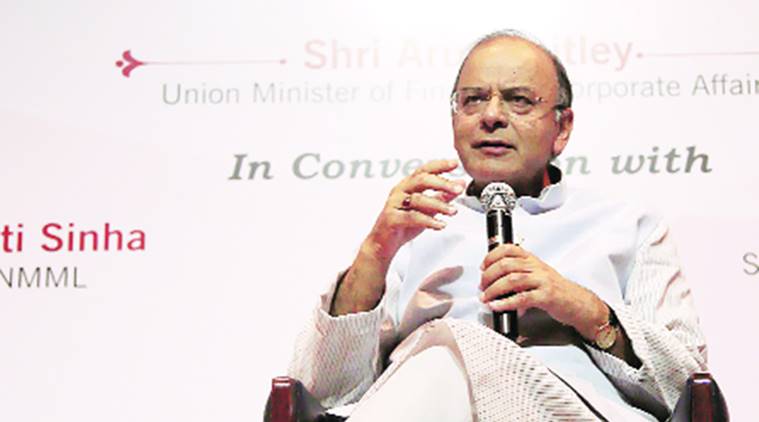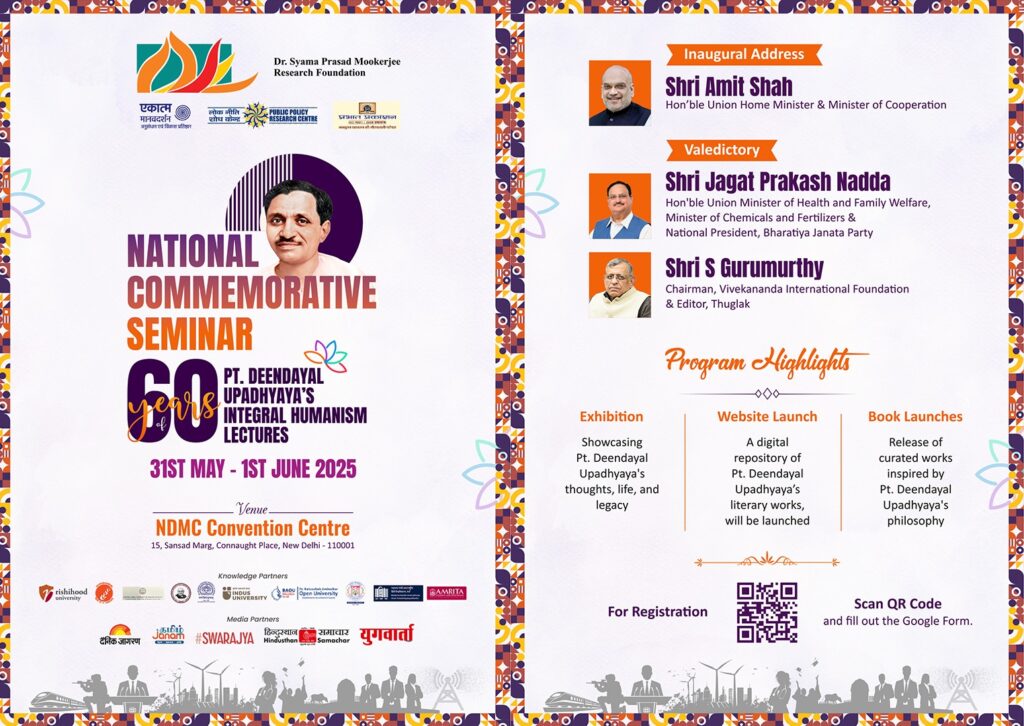It may be difficult to cover entire costs of running political parties using government funding, says Arun Jaitley.
“This idea of electoral bonds has been closely debated in the government. Now how do these bonds function. These bonds have to be authorised under a particular scheme under the Income Tax Act. The scheme will be announced once the Finance Bill is passed. That scheme will have the following features, it will open for a limited period of time during elections or maybe a little before the elections. The life of a bond will be very short maybe a few days,” he said.
Jaitley said these conditions will be added to ensure that these bonds do not turn into a parallel currency. The Union Budget 2017-18 has announced steps to cleanse process of funding political parties. Issuance of electoral bonds and limit cash donation to Rs 2,000 per person are among the measures announced by the government.
“Why do we take these precautions, knowing the manner in which people have laundered money, a bond should not become a parallel currency, so that people start transacting in bonds. The bond can be purchased by any donor by cheque payment from an authorised bank. You can only donate these bonds to political parties. And these will be redeemable within a period of three or four weeks of the purchase of the bond in only one bank account of a political party,” he said.
Jaitley said there is also the suggestion of using state funding for political parties, though it may be difficult to cover entire costs of running parties via such a model.
“It (State funding) is a possible suggestion. But I will add only two caveats. It should not be read that I am critical of it. Many are going to question in long run in India given the level of cynicism in public opinion as to why people should be taxed extra in order to fund political elections. It’s a slogan, I am not too sure if it’s going to a be a popular one once it is rolled out,” he said.
“Second, this model has no guarantee that what you will get from the state is the only money and the argument is you can’t spend within that limit and obviously you take some from the state and then you go hunting elsewhere. Nobody seriously discussed this two caveats. Let us discuss because even the present model is a experimental model because if it has taken us 70 years to reach a solution, you have to discuss all the models,” he added.
“I think this model is dependent on the question as to whether candidates are spending within the norm which is prescribed. There is an uneasy feeling that it’s not true. Secondly, a political party’s expenditure, it may have staff cost, hire vehicles, planes, put advertisements in newspaper, a party’s expenditure will be outside the scope of what the government to fund. Surely you don’t expect the government to fund parties having aircraft and helicopter. I’m sure if my understanding of India’s public opinion is what it is, there will be a hue and cry if we have that model,” he said.
To a query on his views on simultaneous elections for the Centre and the states, the finance minister said such a step will sharply reduce the cost of elections in the country and also significantly improve governance. The current phenomenon of recurring elections in states results in energies of the government and political parties being diverted from governance.
Speaking on the evolution of the process of collecting donations for political parties, Jaitley said the earlier practice of political workers going door to door at the grassroots level to collect funds has died down slowly over the decades. In its place, the BJP party is planning launch a digital campaign to encourage people to make donations. “This practice (of physical collection at grassroots) level is dying down, but it has to be revived online,” he said.
To a query on should political parties be brought under the ambit of the Right to Information Act, Jaitley said their books of accounts are already available via Election Commission. Since political parties submit their accounts to Election Commission, these can be accessed under RTI from the Commission but not directly from the parties, he said. While parties accounts are therefore indirectly available via RTI, the parties cannot subject to make their election strategies available under the RTI, he said.
(This Report was published in The Indian Express Business on 9th march 2017)


